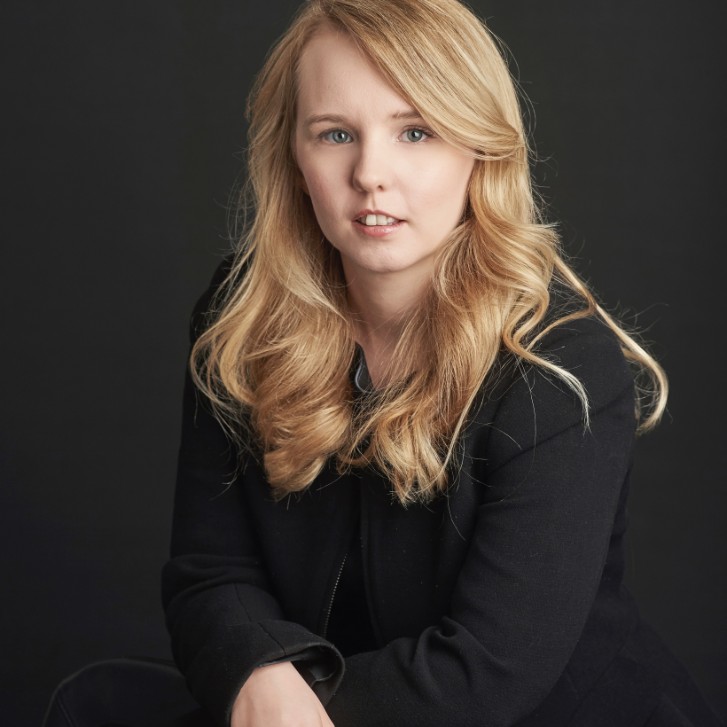Immigration Options for Graduate Students
Every year thousands of Students come to the UK to study. Prior to the closure of the Tier 1 (Post Study Work) category, fresh graduates had the option to remain in the UK for up to two years in order to work, complete study further, start a business and generally decide what they wanted to do in the long term, and if they wanted to do it in the UK.
Now, there are still many options for graduates who want to stay in the UK. However, the options are much less flexible than the PSW category and graduates will need to make an earlier decision about their futures. This article will examine some of the most popular categories for new graduates in the UK.
Graduate Entrepreneur
Many individuals used the old PSW category in order to establish their own businesses in the UK. For graduates now, the best category for this activity is likely to be Tier 1 Graduate Entrepreneur.
In order to apply in this category, you will need a credible business idea and an appropriate university who are willing to sponsor you. The University that endorses your application does not need to be the institution at which you completed your degree.
Leave is initially granted for 12 months but can be extended for a further 12 months. You can make your application from either in the UK or from overseas.
Graduate Entrepreneurs can switch into the Tier 1 (Entrepreneur) category with a lower investment funds requirement of £50,000.
Exceptional Talent/Exceptional Promise
The Tier 1 Exceptional Talent category is more likely to be suitable for those graduating with a PhD or those who have gained some experience prior to their most recent study.
Unlike the graduate entrepreneur category, individuals cannot make their application to enter this category while in the UK, but will need to leave and apply for Entry Clearance.
There are a number of different endorsing bodies, which vary depending on your area of expertise: science, humanities, engineering, medicine, digital technology or the arts.
The different endorsing bodies have different sets of criteria which are applied to applicants, but generally, individuals need to show that they are have made a significant contribution to their field, or for those at an earlier stage in their careers, they will need to show that they have the potential to make a significant contribution to their field.
Once granted, the exceptional talent visa offers a large amount of flexibility. There are very limited restrictions, which means that individuals in this category can work on an employed or self-employed basis and take up projects as appropriate for them. Leave can be granted for up to five years and this is a route that can lead to settlement in the UK.
Tier 2 Sponsored Work
An individual who has been studying at particular type of Higher Education Institution is able to switch into the tier 2 sponsored work category, if they are able to find a company with a Sponsor Licence who are willing to sponsor their position and pay them an appropriate salary.
This category offers less flexibility as you are required to be sponsored by a specific employer, but if you do want to change your job once in the category, it is possible to just make a new application for leave to remain. The other limit is that your employer must hold a sponsor licence, however, if you are offered a position with a company that does not hold a licence, it might be worth investigating if they are willing to obtain a sponsor licence.
This category potentially leads to settlement in the UK after 5 years.
Further Study
If you are looking to study further in the UK, you can potentially extend your stay if you can gain admission to a new course of study.
There is a limit on the amount of time that you can study in the UK, so you will need to be careful that a further grant of leave would not take you beyond the limit. Generally, individuals can spend up to five years as a Tier 4 Student, studying at degree level or above, however, this is extended to six years where the first degree is four years in duration. There are exceptions to this, including where you are applying to study at PhD level, or on a course such as law, architecture, medicine or dentistry.
Your course must also show academic progression from your previous studies. This means that your next course should be at an NQF level higher than the course you have previously been sponsored to complete. However, in some circumstances you will be allowed to progress on to a course at the same level if it can be shown that your new course is related to your previous study and relevant to your proposed career. The Home Office will look carefully at the institution at which you have studied and your career and educational history to assess whether you will be permitted to study at the same level.
This isn’t a category which will lead to settlement in the UK.
Other Options
There may be other options for individuals depending on their circumstances in the UK for example, Tier 1 Entrepreneur or Investor, family based applications, Long Residence or Youth Mobility.
Contact Our Immigration Barristers
For further advice about making sure you have the right immigration status for your ambitions when you graduate, contact our specialist immigration barristers on 0203 617 9173 or info@richmondchambers.com.








